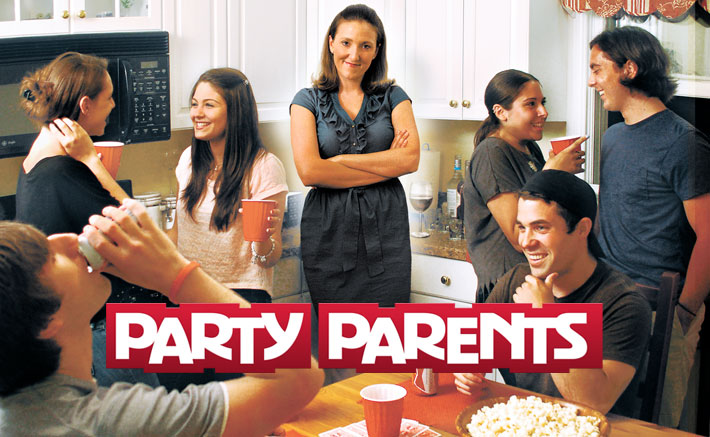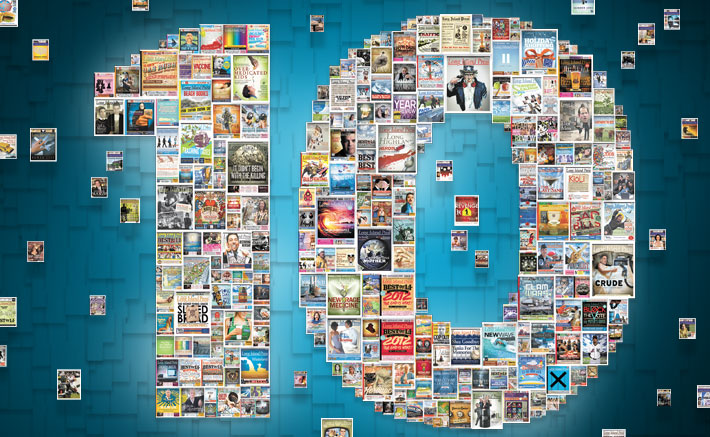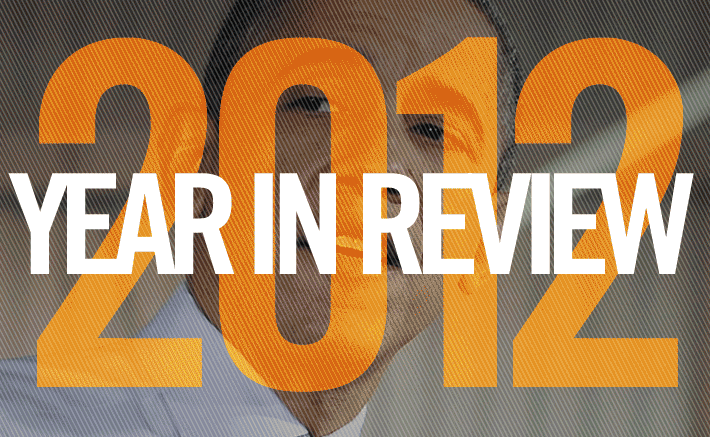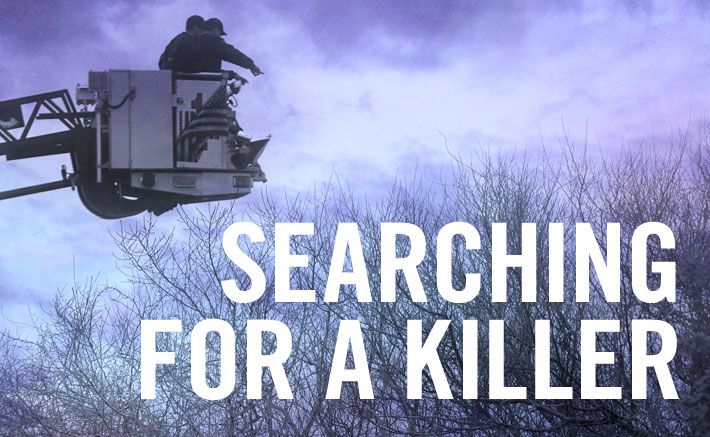
WHAT HAPPENED?
Blackouts. Jail terms. Drunken-driving crashes. Long-term hospital stays. Parents who bury their children. A drop in grades. Loss of friends. Memory loss. Rape.
At one time or another, all of the above have been attributed to alcohol abuse and alcoholism, which is likeliest in those with not only a genetic predisposition, but more importantly, those who start drinking in their teens. That’s because the prefrontal cortex, the decision-making part of the brain, doesn’t finish developing until the early 20s. So, early initiation can often set the stage for chemical dependence later in life.
“What happens when kids start to drink, when they start to use illicit drugs early on, you kind of disconnect your frontal cortex,” says Dr. Stephen Dewey, director of the Laboratory for Behavioral and Molecular Neuroimaging at The Feinstein Institute for Medical Research in Manhasset. “They lose the ability to stop, so they lose their impulse control.”
Dewey has been spreading the word around the Island. At about a dozen districts, Dewey’s lectures are required attendance for high school parents and their kids in order to attend prom. That’s in addition to the nearly dozen schools that use breathalyzers to test students suspected of showing up to prom intoxicated.
Of course, trying to keep prom-goers sober is not easy when the limousine is stocked with booze. Matthew Silver, president of Ultimate Class Limousine in Hicksville, says he lost some business, then gained it back, after he enacted a zero-tolerance policy on underage drinking.
“If the kids go to another location and drink and come back to get in the bus and they’re not able to walk on their own, we don’t let them back on the bus, we call their parents,” he says.
The policy has the added benefit of saving his drivers from scrubbing teen puke out of the upholstery.
Of course, kids don’t need a special occasion to drink. The weekend is a celebration enough.
For one 16-year-old boy in Suffolk, getting beer for a recent backyard party—the kind that prompt countless noise complaints this time of year—didn’t require asking the older kids or siblings for help as usual, they just drank a 36-pack of beer left over from the prior weekend.
His beverage of choice? Bud light, says the fresh-faced high school junior, “or the girls won’t drink it.” He usually has several parties to choose from where they play drinking games such as flip cup and beer pong, or “BP” for short.
His friend, a 19-year-old LI college freshman, says his fake ID makes things a lot easier, and parents have never shut down their parties. The teenagers will just move the party outside or into the basement, away from the parents—not that there is typically much supervision to hide from.
“Normally parents are home,” says a third in the group, another 16-year-old high school student. “They will never drink with us. They’ll keep to themselves.”
All three asked not to be named in order to speak freely about how they skirt the law to drink alcohol without being 21 years old.
With party season now in full bloom, the question remains: How many more booze-fueled LI teenage parties considered rites of passage will spill from backyard keggers into hospitals, courtrooms and morgues this summer?
Their stories, too, could someday make the news.
—With Jackie Salo, Michael Ventimiglia, Allysa Melillo and Matthew Marcus






